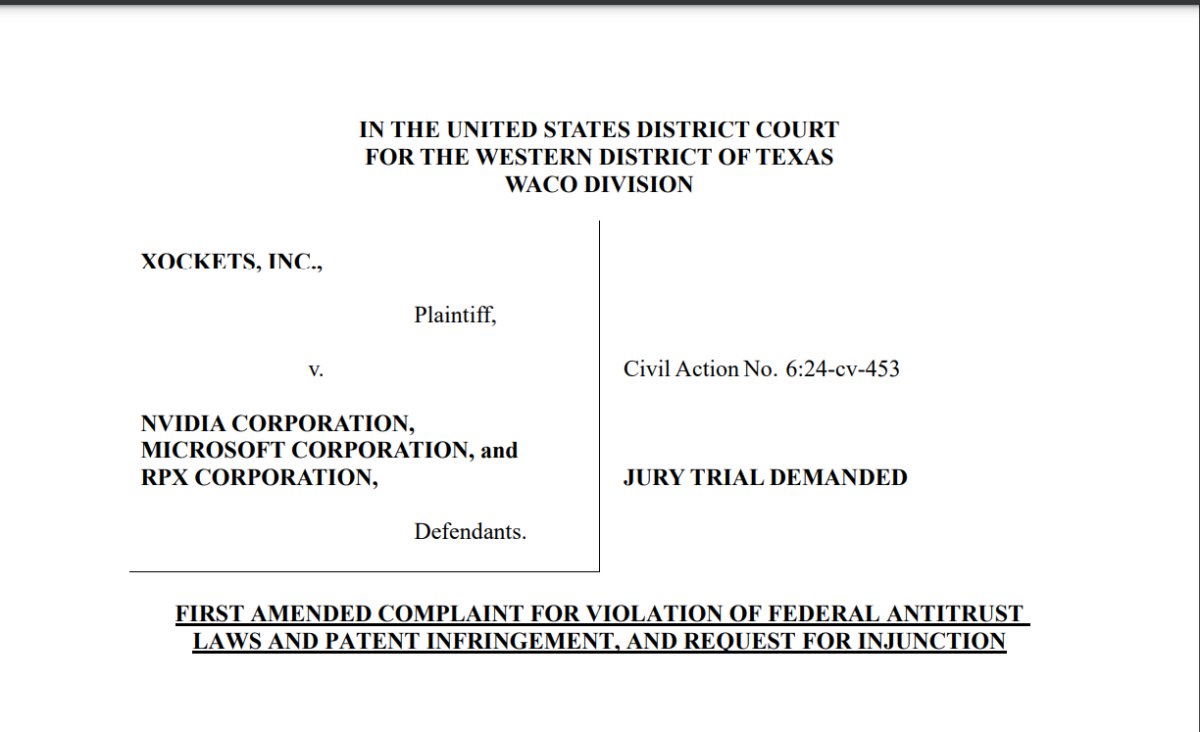In a digital era rife with technological advancements, Oscar-winning actor Tom Hanks finds himself at the forefront of a disconcerting trend. Hanks, known for his vocal criticism of artificial intelligence and deepfake technology, has issued a stark warning to his fans after an AI-generated video surfaced online. The video, featuring a digital recreation of the actor, promotes a dental insurance plan, raising concerns about the potential misuse of celebrity personas for deceptive purposes.
AI-generated videos and deepfake technology
As Hollywood grapples with ongoing strikes, the use of artificial intelligence to replicate celebrity faces has emerged as a contentious issue. Tom Hanks, who has been an outspoken critic of such technology, recently encountered an AI-generated video promoting dental insurance that misappropriated his likeness. Taking to social media, Hanks cautioned his followers about the deceptive video, emphasizing his lack of involvement in the endorsed dental plan.
Hanks’ apprehensions about AI and deepfake technology were previously voiced during a podcast interview in May. Expressing the ease with which individuals can now recreate themselves through AI, he highlighted the potential longevity of performances even after an actor’s demise. Hanks’ concern extends beyond personal misrepresentation, reflecting broader apprehensions within the entertainment industry regarding the misuse of celebrities’ faces and voices.
Anil Kapoor’s fight against deepfakes
The use of AI-generated images has prompted some actors, like Indian star Anil Kapoor, to take legal action against unauthorized depictions of themselves. Kapoor recently achieved a landmark victory in a Delhi court, which prohibited the misuse of his personality attributes without permission. The court’s ruling signifies a growing acknowledgment of the potential commercial misuse of AI-generated content, including morphing, GIFs, and deepfakes.
Kapoor’s legal battle sheds light on the broader implications of AI technology, with the actor emphasizing the need for families to protect a celebrity’s persona in the digital realm. Kapoor’s victory underscores the judiciary’s role in addressing the challenges posed by AI and deepfake technology, signaling a stance against the unauthorized use of celebrities’ digital identities.
Cryptocurrency scams and celebrity impersonations
Beyond the realm of entertainment, celebrities are increasingly becoming targets of cybercriminals employing AI to create fraudulent advertisements. A notable investigation by the UK newspaper Evening Standard reveals a surge in cryptocurrency scam ads featuring AI-generated content impersonating celebrities. Among the victims are adventurer Bear Grylls, former footballer Ian Wright, and Tesla CEO Elon Musk.
Wright, a former Arsenal player, took to social media to warn fans of scams, as cybercriminals superimposed his image with false narratives. Similarly, Musk faced the dissemination of fake videos promoting dubious investment projects, exploiting his influential position. The rise of AI-driven scams highlights the urgent need for vigilance in distinguishing authentic content from malicious manipulations, as celebrities become unwitting pawns in the rapidly evolving landscape of digital deception.
Tom Hanks’ cautionary message regarding the AI-generated dental insurance video serves as a stark reminder of the challenges posed by advancing technologies in the entertainment industry and beyond. As legal battles unfold and celebrities grapple with the repercussions of unauthorized AI use, the broader societal impact of deepfake technology continues to unfold, necessitating a vigilant approach to digital authenticity and the protection of personal identities.
In an era where misinformation can be seamlessly woven into the fabric of our digital lives, Hanks’ warning underscores the critical importance of staying one step ahead in the ongoing battle against deceptive technology.




